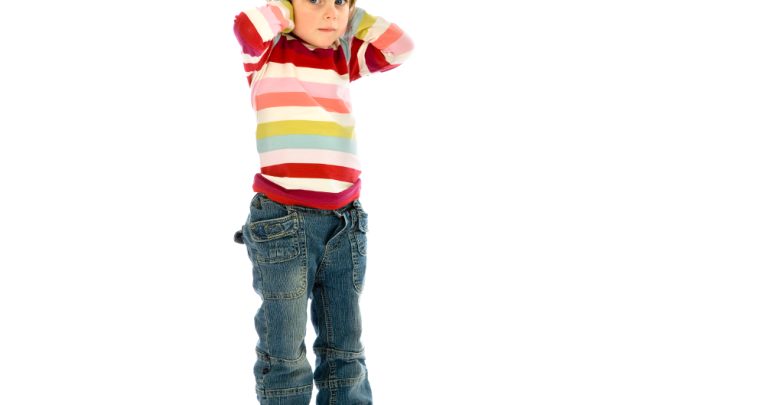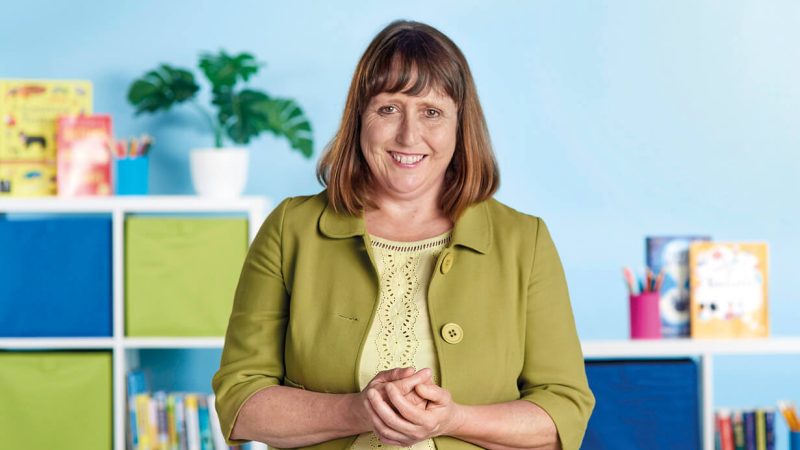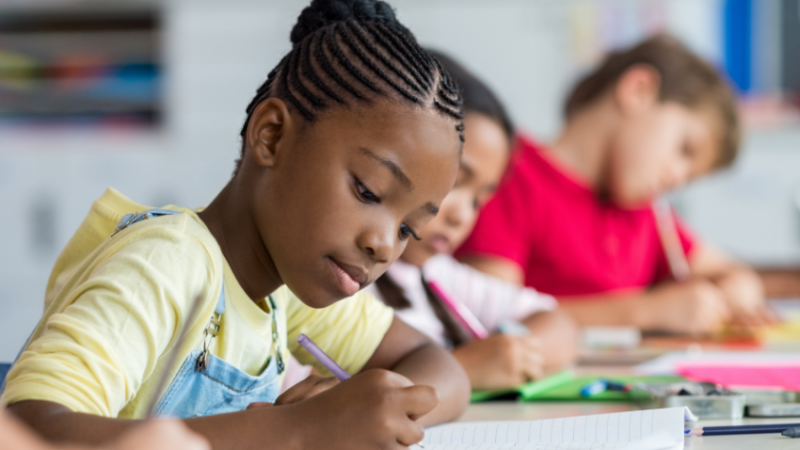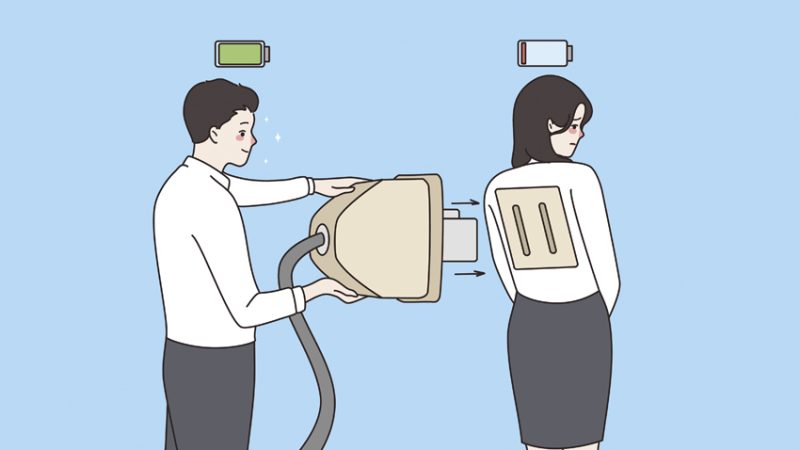How to Speak to Children in Early Years – Don’t shout!

It’s easy to forget that our very young children do not have the emotional armoury that we have at our disposal

Think back to my last feature, in which we looked at how important it is to children that adults are ‘polite’, ‘nice’ and ‘kind’ in their communications, it perhaps comes as no surprise that our youngsters are also very anti-shouting.
What’s interesting, though, is how sensitive children of all ages are to both levels of volume and tone of voice.
In the main, younger children lack the vocabulary to be more explicit than just stating that they don’t like being shouted at, but in the interviews I’ve carried out, the inflection in their voices betrays the depth of emotion that lies beneath.
Older children have been surprisingly sophisticated in their analysis. They notice how the pitch of an adult’s voice is likely to change as they become angry, taking it as a signal that shouting is likely to follow.
Those in the mid-range seem to almost relive the sensation of being shouted at, even as they are trying to express how difficult they find it to deal with, stumbling over their words and giving the impression that they feel they may get into trouble for even talking about it.
Be a positive role model
Different children identify different groups of adults that they feel are most likely to shout at them. Sometimes it’s teachers, sometimes parents, sometimes grandparents.
All this really shows is that almost none of us are immune to losing it on occasion and raising our voices, perhaps more than is necessary. We are the grown-ups after all, and no matter how infuriating our children might be at times, it is up to us to show them that shouting is not the only, or best, way to behave.
If we repeatedly fall into that trap then we are merely normalising the behaviour for our children to pass on to their children and into future generations, and so on.
It’s easy to forget, too, that our very young children do not have the emotional armoury that we, or even older kids, have at our disposal.
We are more practised at seeing the bigger picture, at being able to reassure ourselves that even though another person whose opinion we value, is cross with us for the moment, it is just passing emotion and the fact that they care about us deep down has not been altered by this.
Our little EYFS souls are not so sure. They are living moment to moment much more viscerally than we are, and an act as aggressive to under-developed ears and hearts as being shouted at can wound much more deeply than the perpetrator intended.
I know we all try to keep calm, but we are only human and unfortunately it’s probable that our self-control will fail us from time to time. When it does, though, after the dust has settled, a few words of reassurance might help the shoutee realise that they can put it behind them and move on without being frightened of the future.












